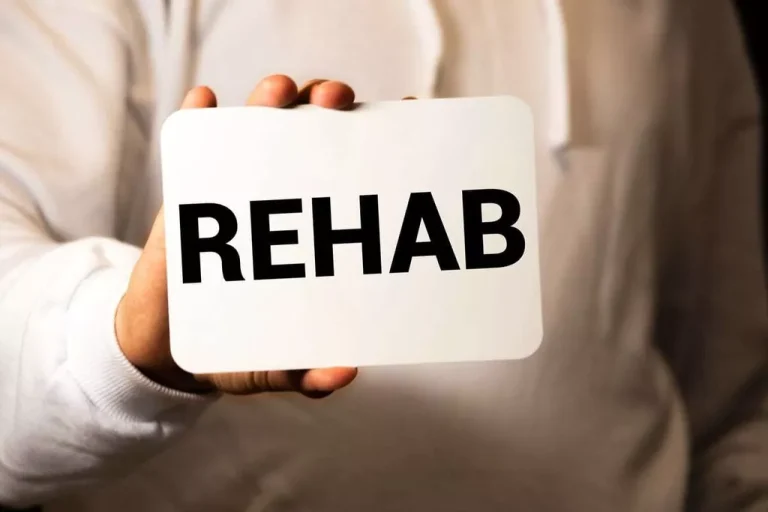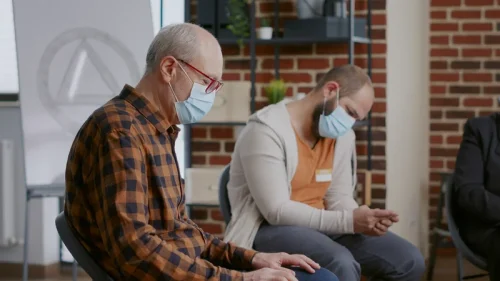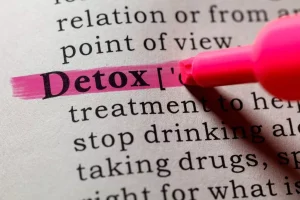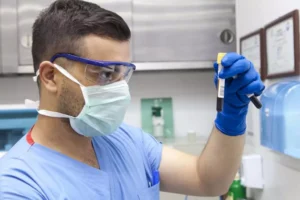
No matter what’s causing it, blurry vision can make work harder and make it difficult to enjoy things like reading, driving or watching television. Make sure you get regular eye exams and report any changes in how well you see, including blurriness. blurry vision after drinking alcohol Remember that experiencing sudden blurred vision is an emergency, and you should get medical help right away. Swelling of the blood vessels in the eye or the look of red bloodshot eyes is a common feature of those who have been lifetime drinkers.
- High blood sugar levels cause fluid to move into your eyes, which can create swelling in the lenses.
- The risk of developing age-related cataracts changes based on the amount of alcohol a person drinks.
- Higher alcohol intake can lead to optic neuropathy, an ocular condition where the optic nerve is damaged, leading to vision loss or scotoma.
- A detached retina occurs when the retina, the thin layer at the back of the eye, pulls away from the blood vessels that provide it with essential oxygen and nutrients.
- Blurriness can affect both eyes or just one, and it can make objects look unfocused at different distances.
- Taking regular breaks to rest your eyes will help relieve the symptoms.
When to talk with a professional
Long-term excessive drinking can lead to potential health issues, including problems with vision. Like all surgeries, laser surgery for a retinal tear carries risks. A person’s doctor will explain these potential complications before the procedure to help them weigh the risks and benefits. It’s a good idea to see a medical professional if you have blurry vision that lasts for more than a day or that’s accompanied by other symptoms.

Dry January: What Happens to Your Eyes When You Stop Drinking Alcohol?

Although we typically avoid language like this, specificity is key when reporting on research participants and clinical findings. According to a 2016 meta-analysis, alcohol can contribute to DED through multiple mechanisms and is a significant risk factor for it. The main symptom is blind spots in your vision that gradually get bigger. Eventually, they will lead to total blindness that cannot be reversed. The disease can take anywhere between a few days to weeks to fully develop.
- Blurriness that affects only one eye could signal a serious medical condition.
- It doesn’t happen often, but when alcohol is involved, you’re at a higher risk.
- Your provider may suggest surgical procedures to improve your eyesight, such as surgery to remove cataracts or LASIK to treat refractive errors.
- People may also consider quitting smoking and reducing alcohol consumption to reduce the risk of negative effects on the eyes and other aspects of health.
- Over time, the swelling increases, and fluids build up in the macula at the center of the eye.
Rapid Eye Movements
These problems can threaten your eyesight if they aren’t treated quickly. High blood pressure can lead to problems that cause blurry vision and other symptoms. People with diabetes are at risk for diabetic eye disease and other problems that can affect their eyesight. About 9 in 10 people with a traumatic brain injury have symptoms that affect their eyesight. Many times, blurred vision slowly develops over weeks, months or even years.
- Like all surgeries, laser surgery for a retinal tear carries risks.
- Some of the most common PCS symptoms include headaches and confusion.
- A migraine is more than a horrible headache; it’s a neurological disorder.
- If you’re pregnant, you shouldn’t take blurry vision lightly.
- People will need to follow their doctor’s instructions to encourage a quick, smooth recovery.
Call an eye doctor right away if you notice these symptoms. Other injuries can damage different parts of your eye. These include bleeding inside your eye, a detached retina and other complications. If it’s been a while since surgery, a posterior capsule opacification (PCO) could be causing the blurriness.


- To solve these problems, you’ll need to work with your doctor to treat your migraines and keep them from starting.
- Your cornea is the clear coating in the front of your eye.
- You don’t need to consult with a doctor if the blurriness goes away after blinking or trying other home remedies.





























